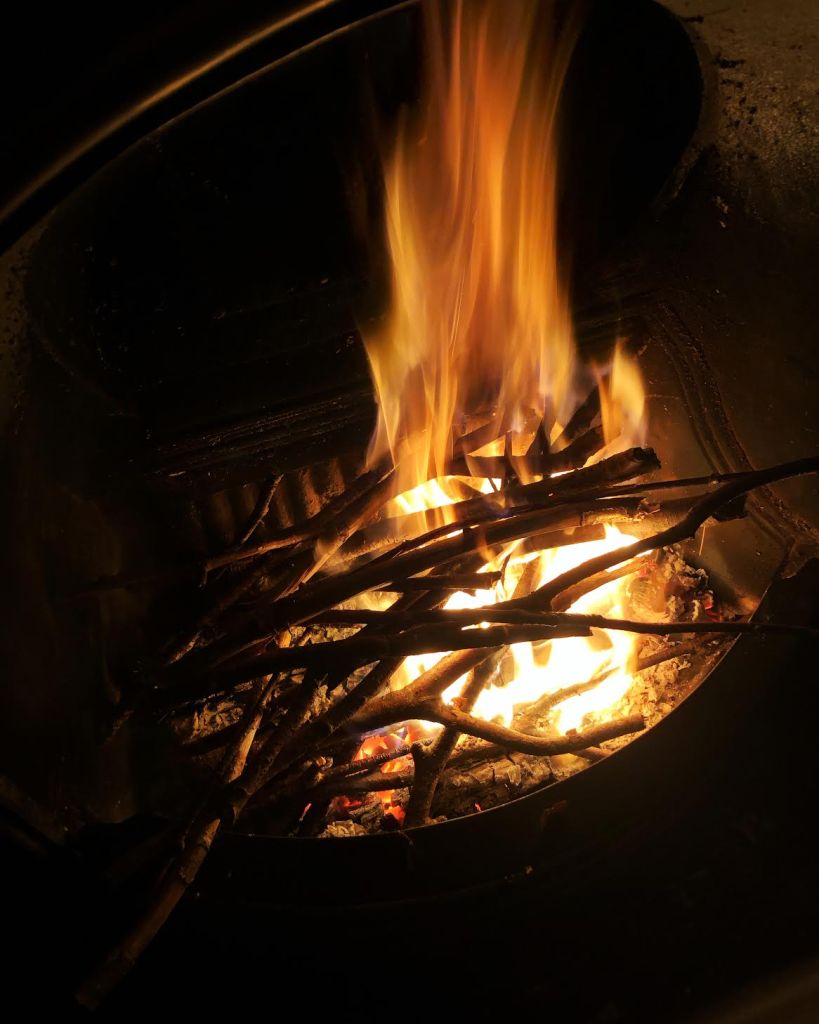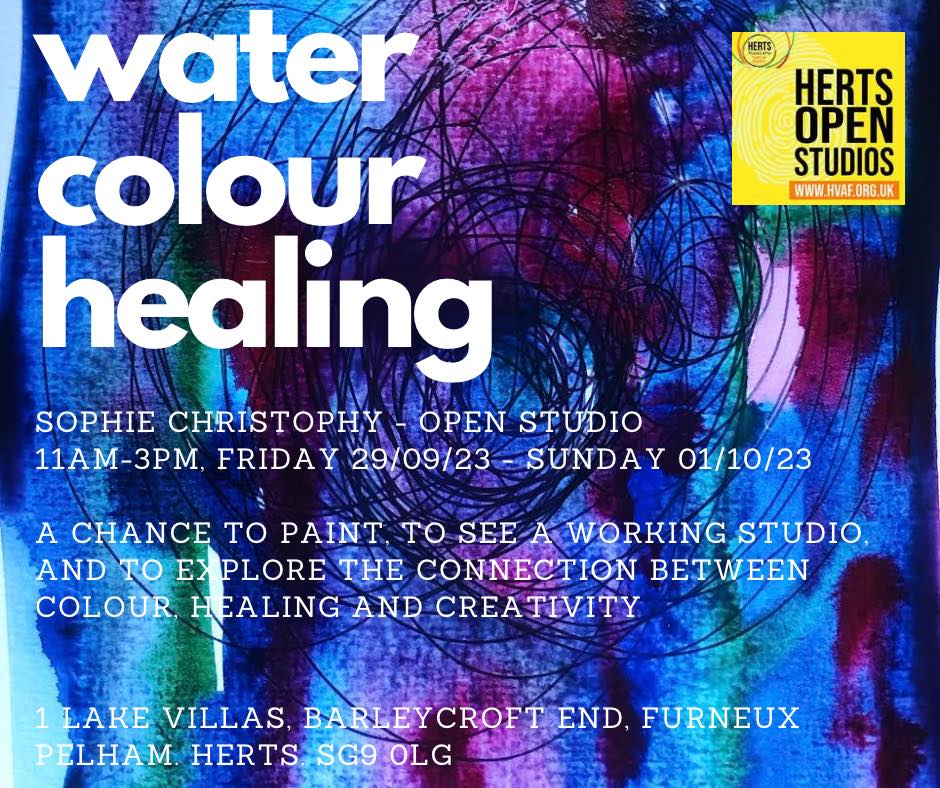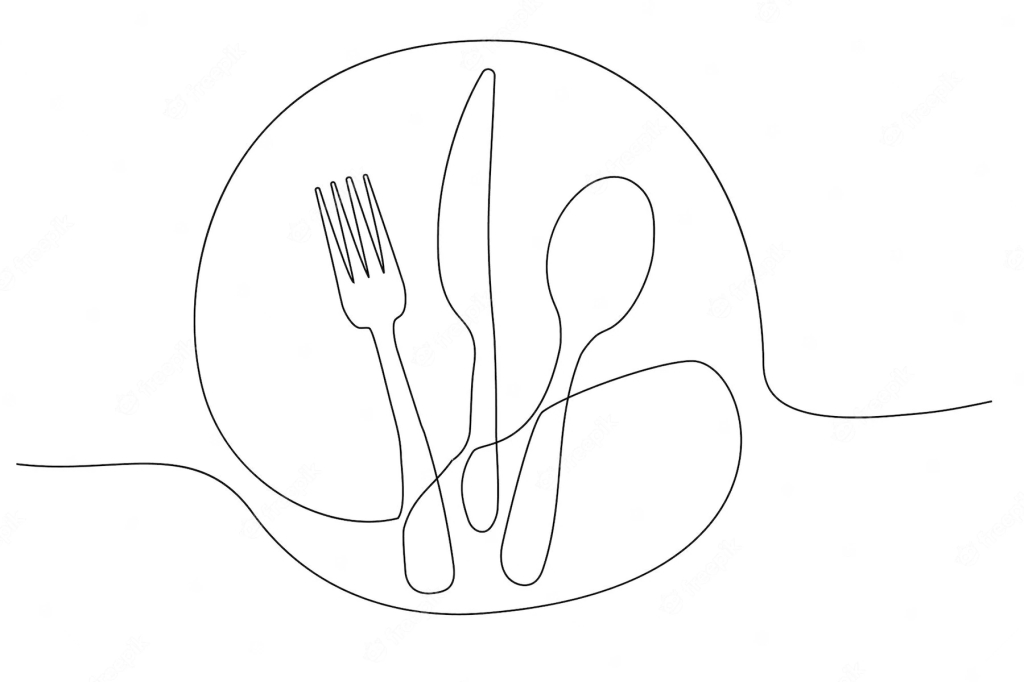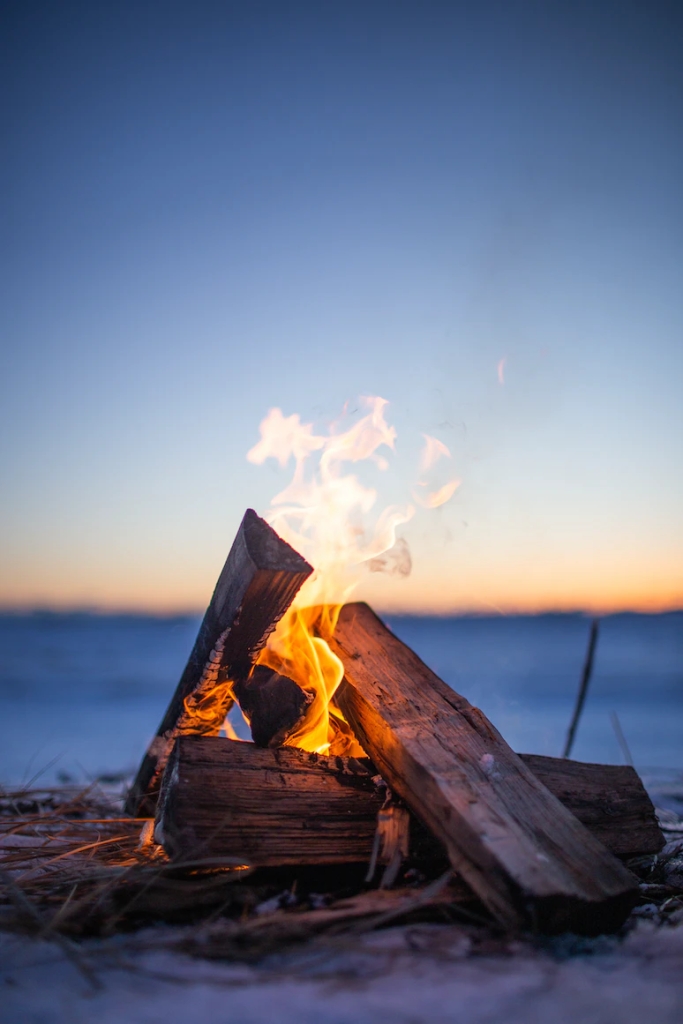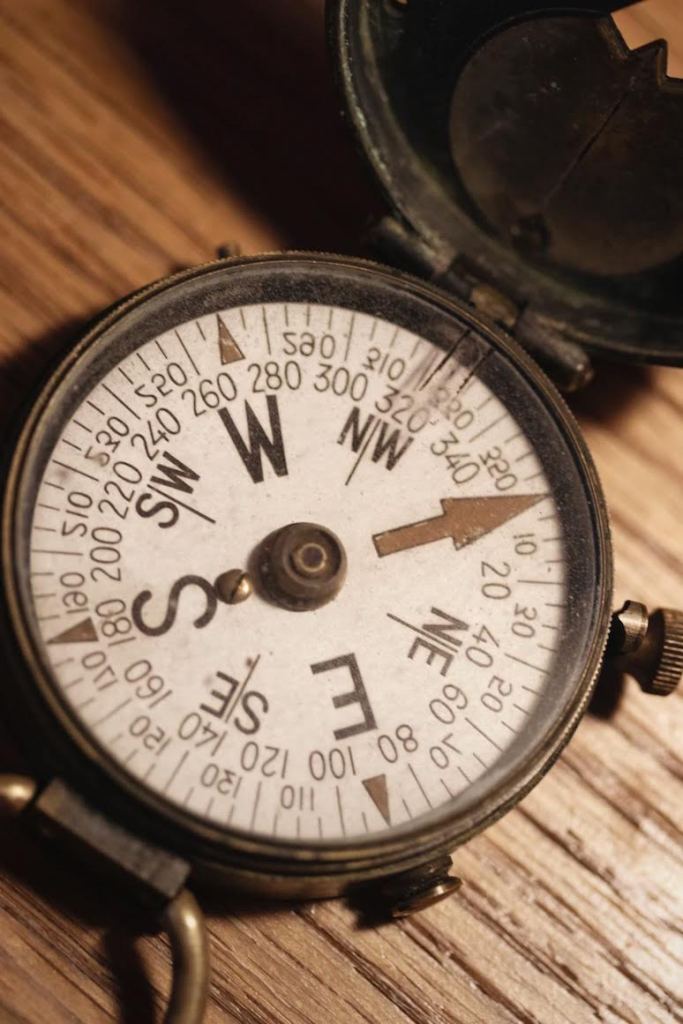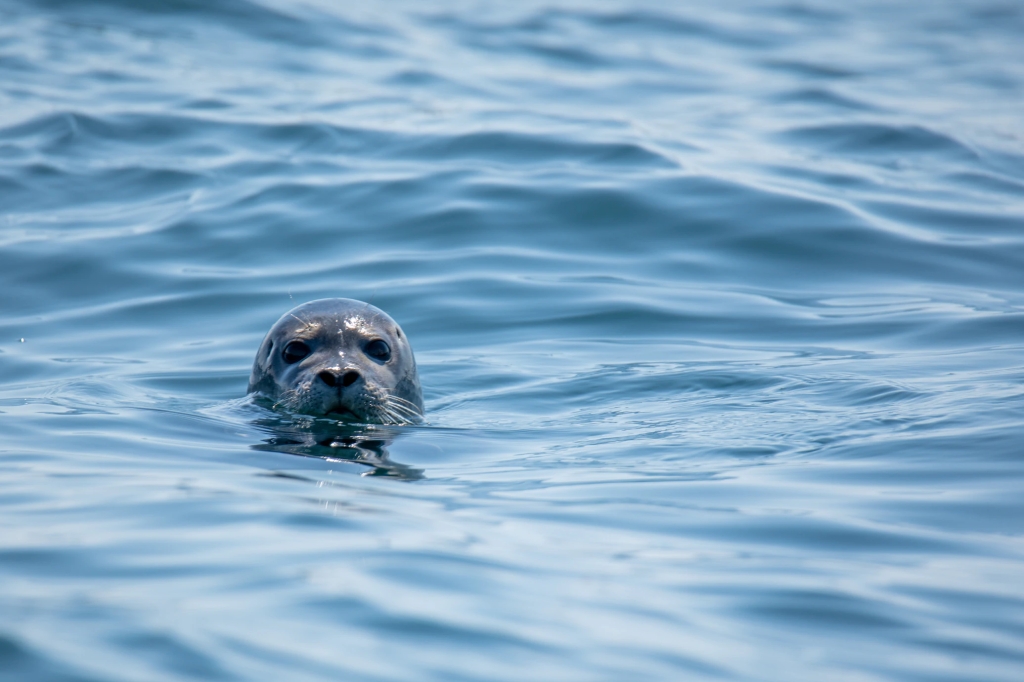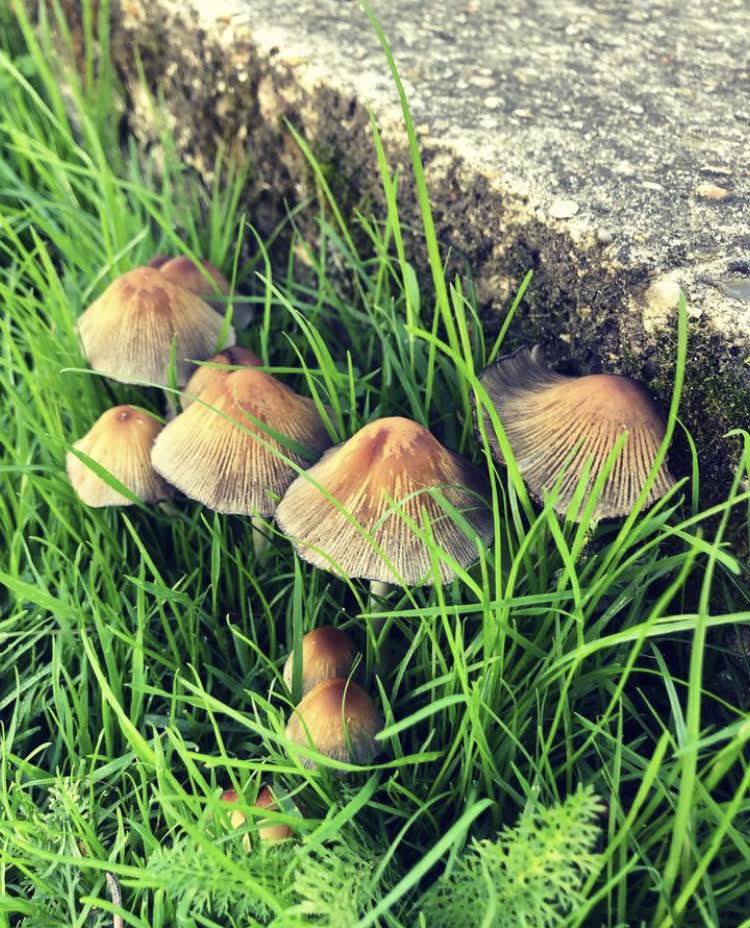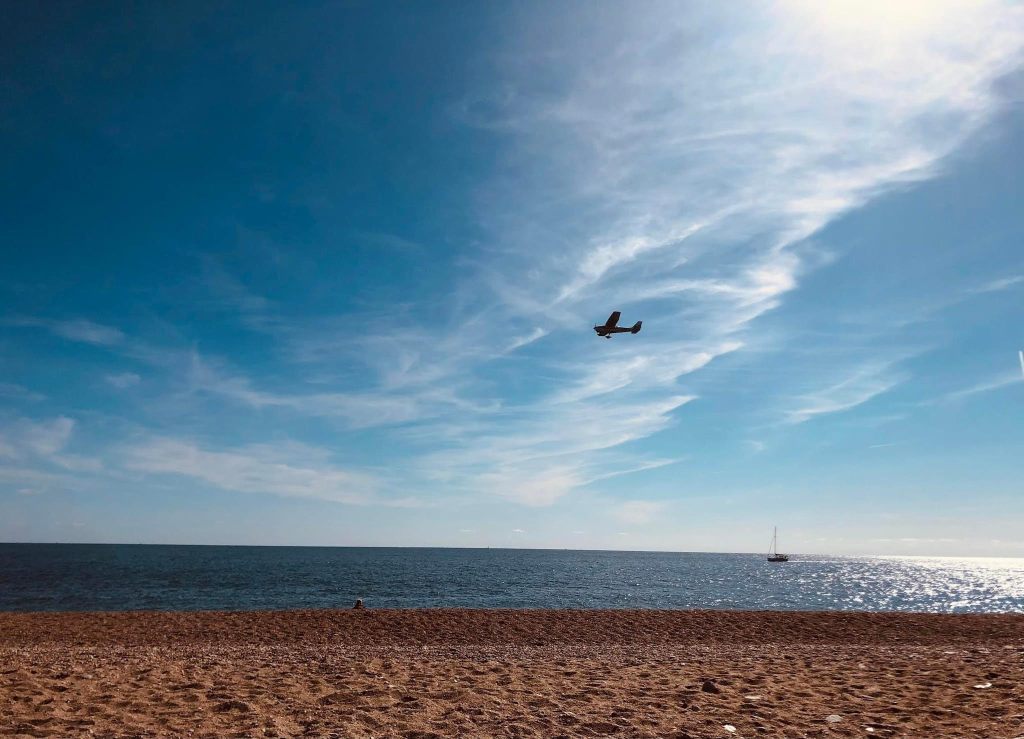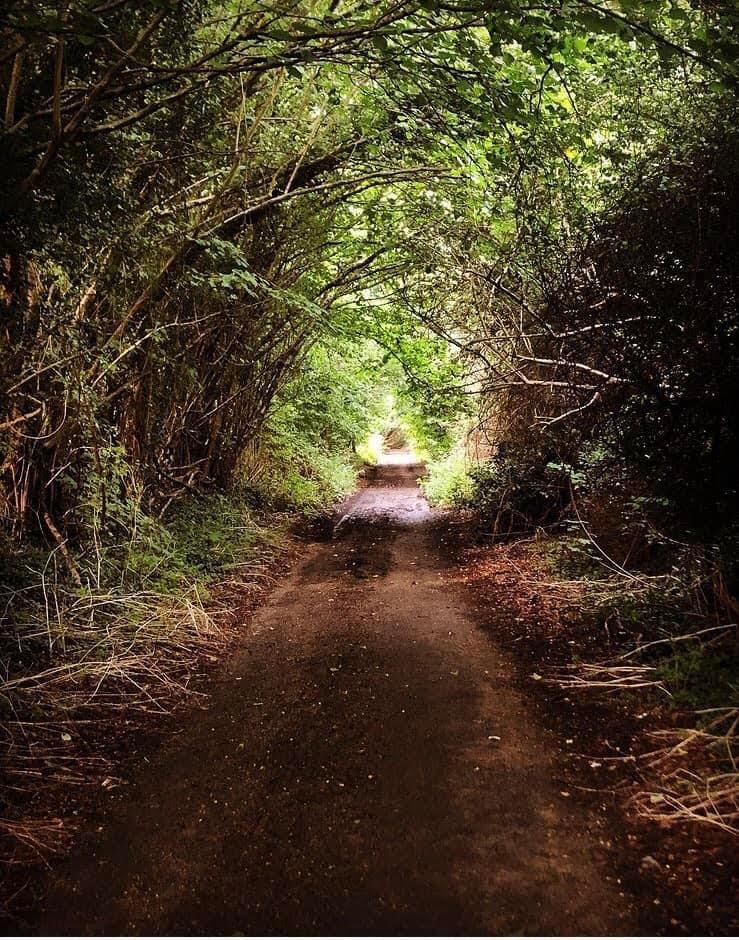Have you ever heard the word ‘caldera’ before? It’s comes from the Spanish and Latin for ‘cooking pot’. The word ‘cauldron’ comes from the same origins. It’s a term used to describe something that happens in a volcano after it erupts. When a volcano erupts and the magma all bursts out, a space is left where the magma was before. A collapse happens in this place, called a caldera – a kind of volcanic sink hole.
I love this word, origins and idea. It makes me think about the space that can emerge after a big shift, an enlightenment, the gap after the storm has broken. That after all that drama there is left this hole. A caldera. The space that is created from the eruption. A cooking pot.
What is going to happen in there?
‘Calidus’, part of the Latin root of ‘caldera’ and ‘cauldron’, means hot. It’s not like its all chill in the caldera. Even though it’s empty, it’s magma all gone, it’s still hot in that place. It’s still a volcano! And with heat comes the chance for transformation, alchemy, melting, movement, warmth, healing, creation. It’s the perfect place for magick.
I’ve been reading cards now for a number of years as part of my own spiritual practice, and as part of group spiritual practice. Over that time, my own gifts in regards to this have had the chance to be more visible, to develop and demonstrate their benefits. My mystical experience and life has increased, and I’ve found that reading for others is a key part of my purpose in life. I find the language for describing this stuff weird and not very accessible, but in trying to describe my ‘way’ in this work… I would say my main experience is as a direct channel for ‘source energy’, with psychic/energetic ability to pick up on and read the experience of others. It draws into the light what might be hidden, what is unrevealed, the missing pieces of the puzzle so to speak. It can lead to the right questions, reassurances, and guidance, to help the readee see their situation and experience in a different light, and move into balance and surer footedness on their path. Ultimately, these two abilities help to bring you into personal and spiritual alignment.
This kind of insight can be extremely helpful in times of confusion or quandary, at a point of transition and change, in times of discomfort where you just can’t put your finger on what is wrong, and also on a basic level to better connect you to, or towards, what alignment even is for you. It can help you to access that information that is just out of reach, that exists on an intangible spiritual/energetic level – an important aspect of all of is. It’s complimentary to other forms of life support, such a as therapy and physical practices. Spiritual clarity is often the piece missing when trying to talk it out, or work it out, hasn’t been enough to make it all make sense and to feel settled and at peace.
After all my experiences with this practice, I’ve been wanting to find a way to share it and make it as accessible as possible to those curious, questioning, seeking. I’ve decided to start a mystic/psychic reading group, where I will be doing readings live. In the session you can watch how this works, as well as potentially have a reading yourself. Being part of the session and not being read directly is extremely powerful in it’s own right – I’m yet to be in a group where someone hasn’t felt as though there was something that came through for them in the readings, even if they themselves didn’t have a direct reading. The tuning in and tuning out at the beginning and end also hold their own mystical messages for the group.
If you would like to join one of these sessions, which I’m calling Caldera, you can find the details for booking here.
